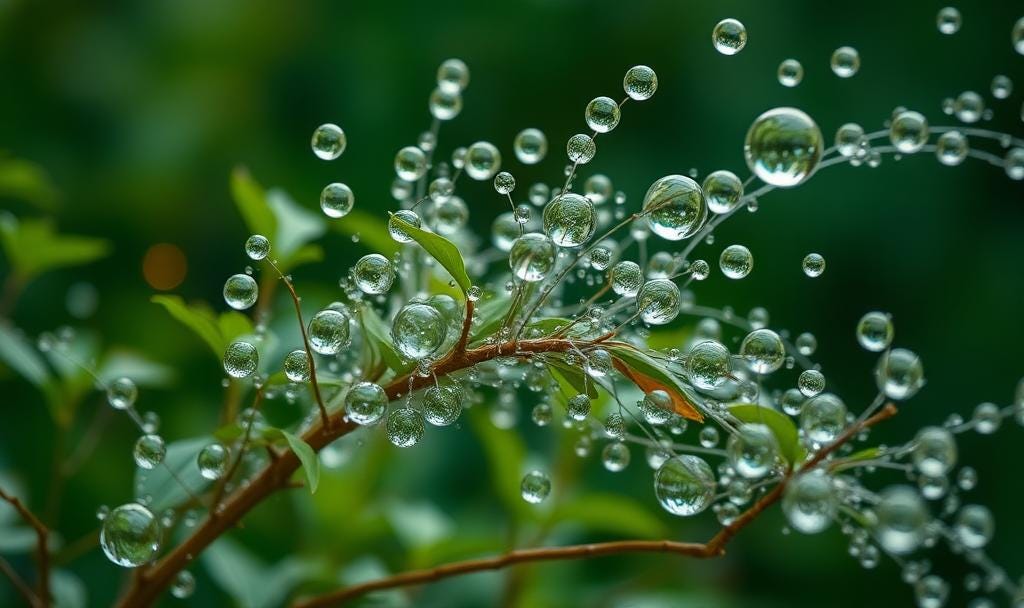What Is Life? A Simple Reflection
Life is a fascinating and complex concept. But if we try to simplify it, life can be seen as a self-sustaining system. Something that can run on its own, manage itself, and continue functioning without constant outside help can be considered alive.
Take an ant, for example. It moves, eats, reproduces, and has its own internal systems to survive. Every animal, including humans, has a self-running system—this is what makes it life. The more complex the system, the more complex the life form.
Now, think bigger. Each form of life, whether it’s a small insect or a human being, supports others in the ecosystem. These systems are interconnected. So in a way, the entire universe can be seen as one giant, living system. Different forms of life support and balance each other to keep everything running.
However, not everything in the universe is “alive.” For example, rocks and soil are not life. Why? Because they don’t have a dynamic, self-sustaining system of their own. But even though they aren’t life forms themselves, they play a crucial role in supporting life. Soil helps plants grow. Rocks shape landscapes and provide minerals. So even non-living things are important in the larger system of life.
Life Is Self-Healing
A key part of being alive is having the ability to self-heal. Our bodies and minds are designed to manage themselves in many ways. If you're angry, your brain has systems to calm you down. If you’re sad, your mind has ways to recover over time. If part of your brain is damaged, other parts can sometimes take over its function. If your blood sugar is too high, your liver and hormones work to bring it down.
These automatic systems are incredible. They show us how complete and intelligent life can be.
When Life Needs Help
However, self-sustaining systems are not perfect. They have limits. Sometimes, your body or mind becomes too tired or too weak to heal itself quickly. For example, if you’re severely depressed, your natural healing system may take too long, and in that time, more damage can happen—to your mind, your body, or your relationships.
That’s when conscious effort becomes important. You might need to do things on purpose to support your healing—like exercising, spending time with loved ones, enjoying hobbies, or simply resting more. These actions help your body and mind recover faster and return to balance.
To conclude, life is not just about surviving. It’s about maintaining balance and supporting both yourself and others in the ecosystem. Being alive means having the power to run and heal yourself. But being aware of when to step in and help your own system—that’s what makes life truly meaningful. Through this balance of natural processes and conscious effort, we continue to grow, recover, and thrive as living beings.



Great blog Sir!!
Indeed, life is a fascinating and complex concept that truly depends on individual perception. It becomes what we make of it and how we choose to take it. Every life matters, and your reflections reminded me of that deeply. Thank you for sharing such insightful thoughts!
Bravo!